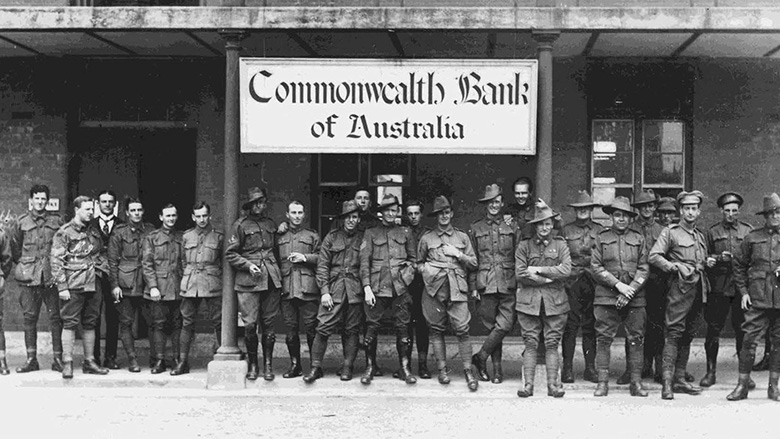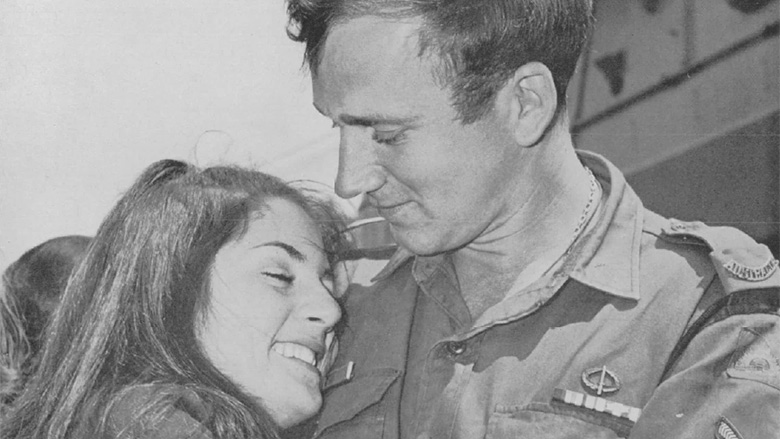Seriously weakened by what became a three-and-half-year ordeal, he somehow managed to survive and, after being freed at the war’s end, returned home to Australia via Singapore in November 1945. The next few months were spent recovering in hospital before he was discharged from the Army in early 1946 and then re-joined CBA at the Young branch in April of that year.
It‘s from here that his story is taken up by the diligent team of CBA archivists, who delved deep into their files on behalf of Jonathon and his family in 2018.
Bank records from the 1930s through to the 1960s show that, in line with the support that all enlisted service-people received from CBA during the war, Bert was due back pay of 1,215 pounds – his salary covering the period from July 1942 to April 1946.
In one of his first employee reviews following his return to the bank, his supervisor noted his good organising skills and his executive abilities which made him an “outstanding” CBA officer (the word used in those times to describe employees).
Described as being very conscientious and willing with a very quiet demeanour, his report card noted: “On his present performances it is hard to realise that he was a POW for three-and-a-half years.”
It was this dedication and his readiness to accept responsibility “without hesitation” that saw him move up the ranks within the bank, becoming an “executive cadet” and transferring to the Inspector’s Department and subsequently the Administrative Department.
Marked out as a future senior executive, a subsequent review described Bert as having a “flair for being on the ball”, a high sense of loyalty, co-operation, planning ability and all-round knowledge of banking. “He is outstanding in these respects,” wrote his examiner.
Those skills and growing experience earnt him a move and promotion to the Commonwealth Trading Bank, the commercial banking operations of the group, in 1955 – almost 20 years on CBA.
Glowing reviews were accompanied by further promotions to assistant manager and manager level including a switch to the Foreign Division that saw him represent the bank on Australian government overseas trade missions to the Far East, the Caribbean, Mexico and, in what must have been an emotional trip for him, to Japan in 1963.








